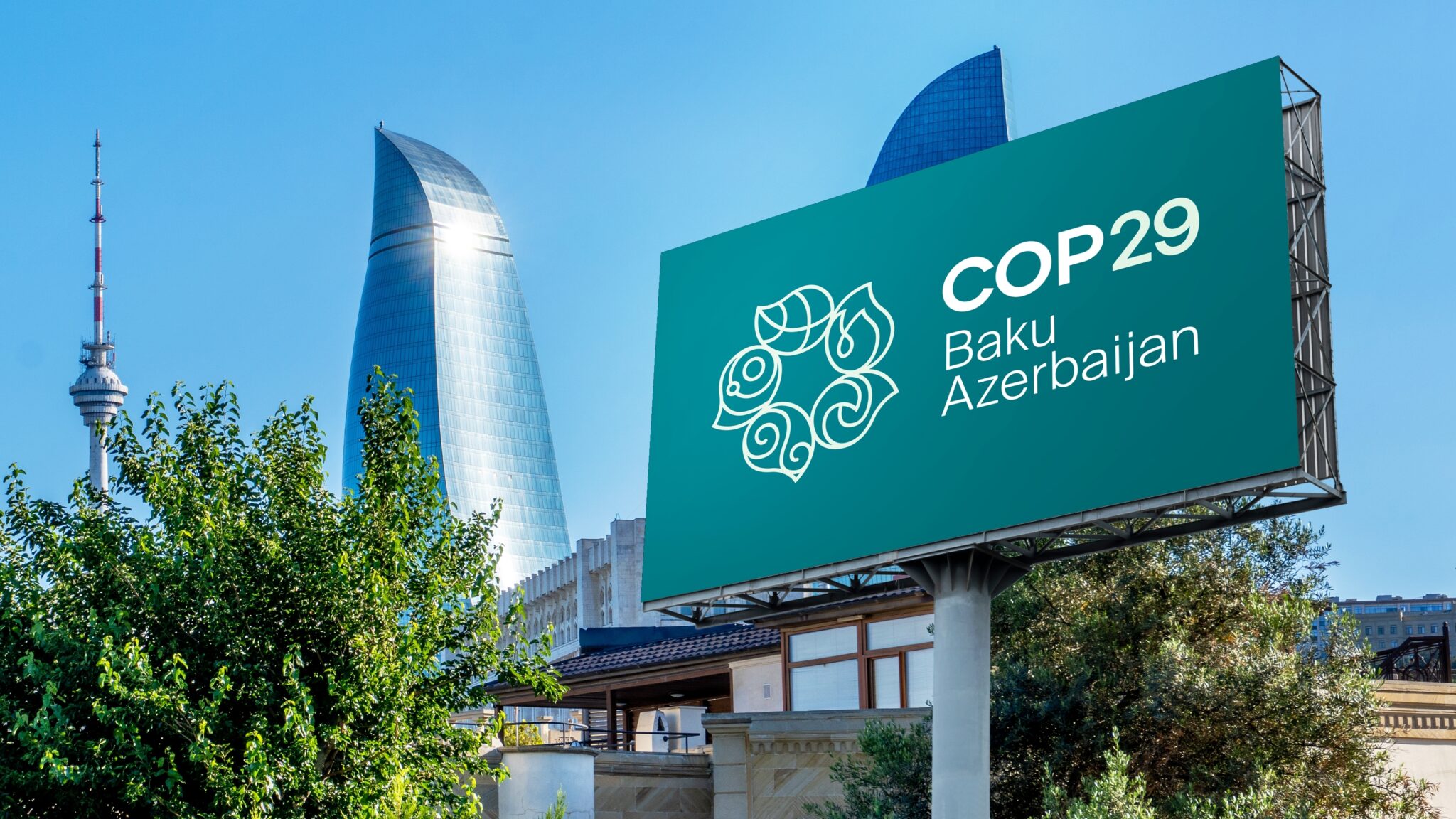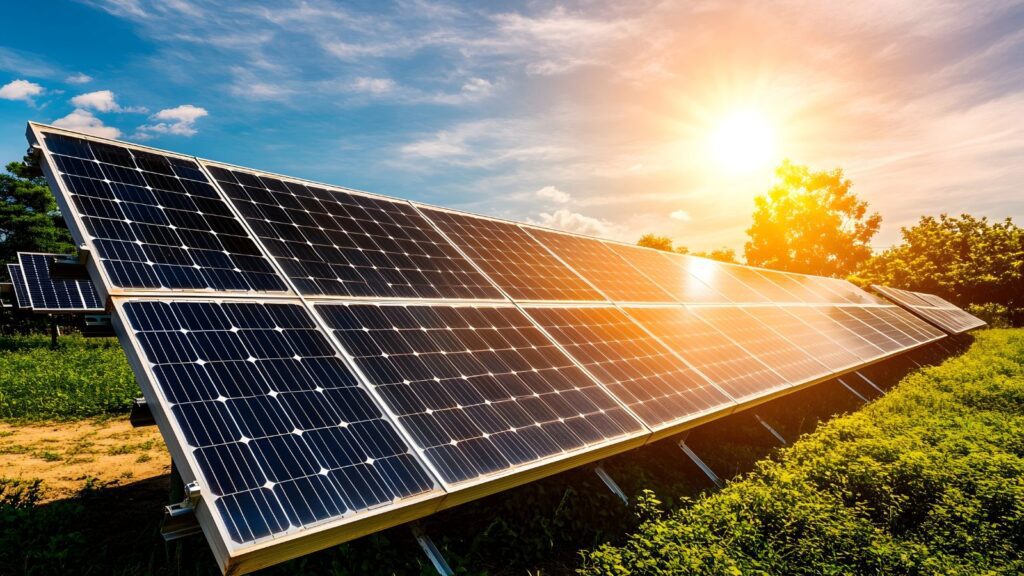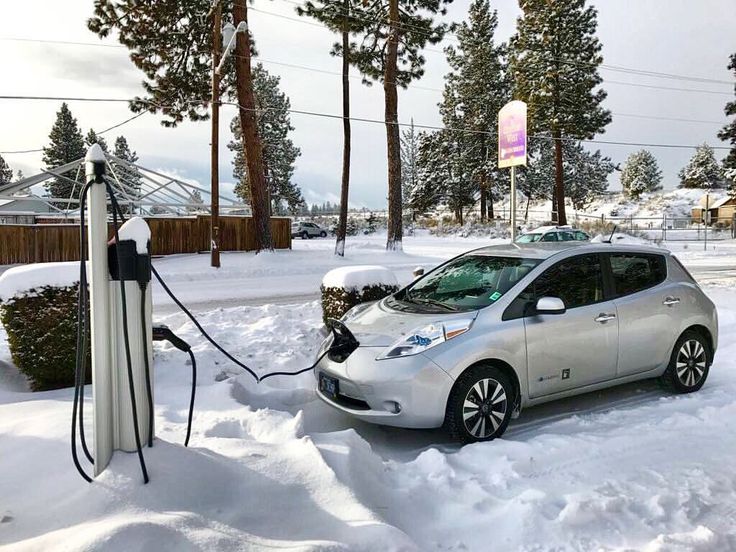With COP29 around the corner, our team at Environmental Defence is hard at work preparing for a busy two weeks of UN climate talks. Like every year, this is a pivotal moment for climate progress. (If you missed our explainer on what COP29 is, check that out here)
COP28 was a game changer
Last year at COP28, for the first time ever, countries around the world collectively agreed on the need to leave oil, gas and coal in the ground.
After 30 years of international negotiations failing to mention the root cause of the climate crisis, the acknowledgement that we must phase out all fossil fuels and massively scale up renewable energy in order to effectively tackle the climate crisis, was both long overdue and extremely significant.
The COP28 outcome also saw countries agree to tripling renewable energy and doubling energy efficiency. At COP29, countries must uphold the commitments made at COP28 and hold themselves accountable for making progress on those goals.
Climate Finance is the Litmus Test for COP29
COP29 has been dubbed the “climate finance COP”.
When countries signed the Paris Agreement back in 2015, they agreed to centre equity in how we tackle the climate crisis. A big part of that comes down to wealthy countries needing to provide financing to countries in the Global South to both take climate action as well as respond to climate disasters. This is what is known as climate finance.
Back in 2009, countries set a finance goal of $100 billion. In short, developed countries committed to providing $100 billion to vulnerable countries every year between 2020 and 2025. It’s worth mentioning that the Global North was years late in hitting that target, and most of it was delivered as loans, and not grants. In other words, wealthy countries are actually profiting off the money that’s supposed to be helping the world’s poorest countries.
Unsurprisingly, trust was broken.
COP29 is the deadline for negotiations that would set a new target for 2025. It is essential that developed countries rebuild trust. There’s still much to settle, including the scale of funding, allocations, as well as an effort-sharing framework. Some estimates point to at least $1 trillion per year — 1 per cent of global GDP — to meet the immediate climate needs of developing countries. The core of the new goal must be the provision of public, grant-based climate finance that considers the needs and priorities of developing countries. This is a matter of justice, not charity.
Course Correction: Stronger National Plans Required
Countries agreed under the Paris Agreement to submit stronger national climate commitments (known as “nationally determined contributions,” or NDCs) every five years. The next round is due in February 2025.
We know current national plans are still pretty inadequate – way more ambition is needed.
COP29 is the last major opportunity to set clear expectations for what this next generation of NDCs should aspire to.
Kick Big Polluters Out
For decades, the fossil fuel industry has sabotaged climate progress. This includes promoting dangerous distractions, such as carbon capture, which have much more to do with justifying new fossil fuel infrastructure than effectively reducing emissions.
At least 2456 fossil fuel lobbyists were granted access to the COP28 summit in Dubai. 35 lobbyists with ties to the fossil fuel sector were given Party badges by Canada. Oil and gas CEOs have shown their only interest is to prolong business as usual for as long as possible, in order to protect their short-term profits
Just as tobacco companies are not allowed to influence health policy and arms dealers are kept out of peace talks, fossil fuel lobbyists should not be allowed at climate negotiations.
Canada has an important role to play
Canada is a wealthy country with relatively low dependence on our oil and gas sector. We are well positioned to be leaders in the global energy transition.
Yet, Canada continues to be one of the largest contributors to the climate crisis. We rank last in the G7 in terms of progress on greenhouse gas emissions reductions. We have one of the worst emissions per capita in the G20. We’ve made slower progress in terms of building out renewable energy and battery storage. Even worse, oil and gas companies operating in Canada have huge plans to expand the production of fossil fuels – and governments in Canada are letting them do it.
At COP29 Canada must:
- Deliver its fair share of the climate finance that developing countries need
- Come up with a strong national 2035 climate target and a plan for getting there
- End all fossil fuel subsidies and public financing
When COP29 ends, the Canadian public will want to know: did Canada’s contribution help ensure a safe future – or did Canadian politicians add to the delay on climate action?








